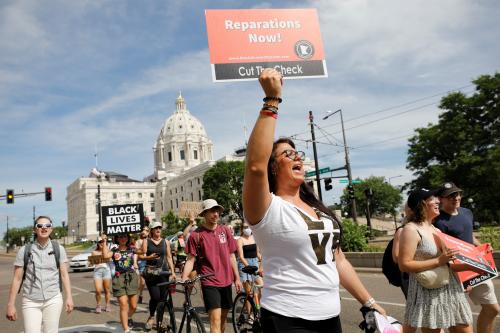LibertyKid
Platinum Member
- May 26, 2021
- 1,523
- 962
- 938
Can't disagree with this!Oh, we don't care what excuse some urban thug uses for his pathology. If he does that, he's going to prison. For the rest of his life. We might even start bringing back the death penalty.
You see, a lot of white people were pretty sympathetic after Career Criminal George Floyd was murdered. I saw white kids in my suburb wearing BLM tee shirts in 2020.
They aren't wearing them now, are they? The Reform Prosecutors are being thrown out on their asses.
No one is giving you reparations. Deal with it. Start working on solving your own problems. You can start by looking at what Asian people are doing right and emulating that.
Also the problem, there is no guarantee, that the Black community will stop using "Systemic Racism" as a crutch. The fear that they will continue to move the goal posts time and time again is absolutely plausible.




